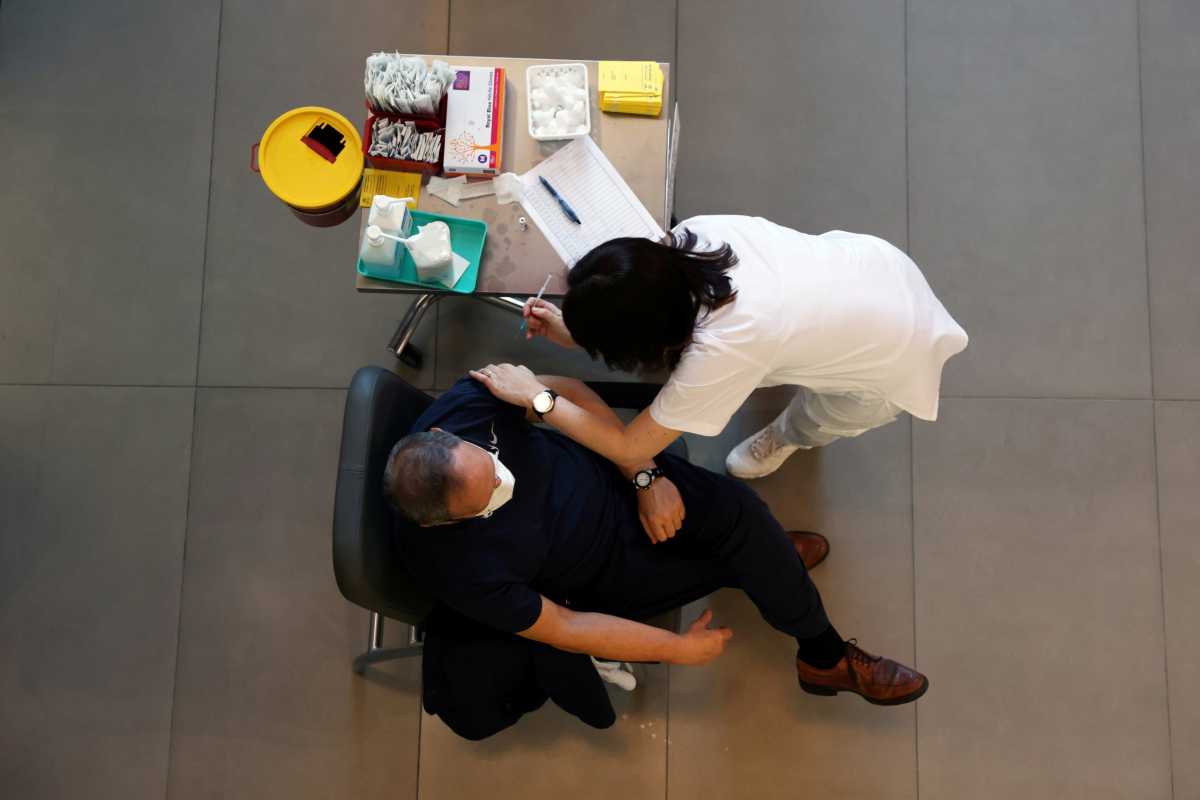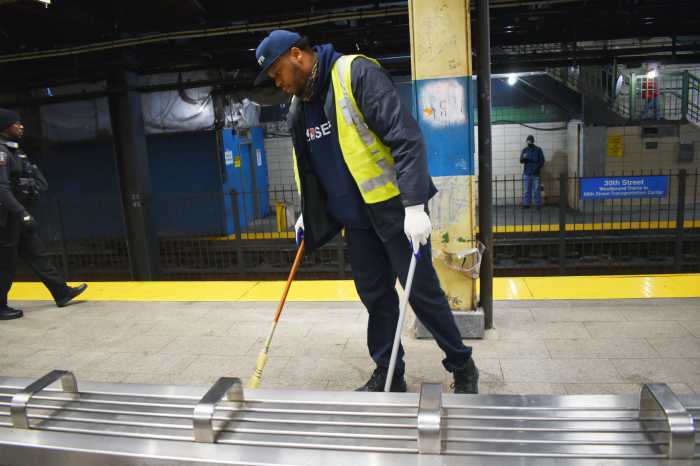By Nancy Lapid
The following is a roundup of some of the latest scientific studies on the novel coronavirus and efforts to find treatments and vaccines for COVID-19, the illness caused by the virus.
Vaccinating adults appears to protect children as well
New data from Israel, where health officials moved quickly to distribute the COVID-19 vaccine from Pfizer Inc and partner BioNTech SE, suggests that the vaccination of adults also protects unvaccinated people living around them. Roughly one third of Maccabi Healthcare Services (MHS) 1.95 million members – all above the age of 16 – had received at least a single vaccine dose by Jan. 30. In analyzing outcomes in 223 communities, researchers found that as the number of vaccinated adults went up, infection rates among unvaccinated MHS members in the same community went down – particularly among children. MHS is Israel’s second largest healthcare maintenance organization. “While the observed vaccine-associated protection of unvaccinated is encouraging, further studies are required to understand whether and how it might support the prospect of herd immunity and disease eradication,” the researchers concluded in the study posted on Wednesday on medRxiv ahead of peer review.
Congenital heart disease does not worsen COVID-19 risks
Adults with congenital heart defects are not more likely than the average person to have severe COVID-19, or to die from it, according to an international study. Risk factors associated with poor outcomes in these individuals are the same as those associated with poor outcomes in the general public – older age, male gender, a history of heart failure, irregular heart rhythm, kidney problems, diabetes, and need for extra oxygen before becoming infected with the coronavirus, said study coauthor Dr. Jamil Aboulhosn of the UCLA Adult Congenital Heart Center. Researchers analyzed data from 1,044 adults with COVID-19 from 58 congenital heart disease centers worldwide. Even people with very complex heart defects did not appear to have an increased risk of severe COVID-19 as long as they did not already have severe signs and symptoms of heart disease, Aboulhosn said, calling the finding, “somewhat surprising.” The study was published in the Journal of the American College of Cardiology.
Stroke patients with COVID-19 have worse outcomes
Among patients who went to a hospital because they were having a stroke, those who tested positive for COVID-19 had higher odds of dying there, a new study shows. The patients with COVID-19 were also more likely to have more severe stroke and to suffer another stroke while hospitalized, researchers reported in the journal Stroke. They studied close to 42,000 patients who arrived at 458 hospitals with ischemic stroke, caused by blockages in arteries that carry blood to the brain. About 3% of the patients tested positive for COVID-19. On average, they got to the hospital as quickly as patients without coronavirus infection. After that, things slowed down. “Likely due to the need for personal protective equipment use and other precautions” by hospital staffers, it took longer for COVID-19 patients to get clot-busting treatments that reopen the clogged vessels, said study coauthor Dr. Gregg Fonarow of the University of California, Los Angeles. The study cannot prove that treatment delays caused the worse outcomes. However, Fonarow said, “these findings suggest there is a need to further enhance stroke protocols to provide more timely diagnosis and treatment for patients with (ischemic stroke) to speed care while still protecting healthcare workers from exposure.”
Reuters




























